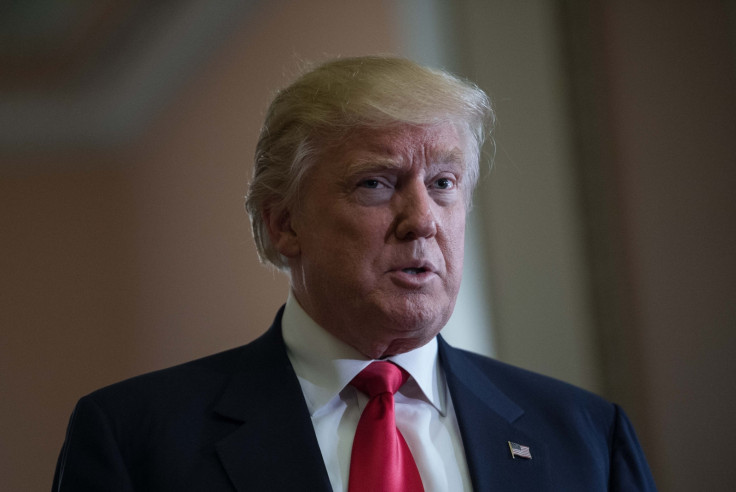Petition urging Electoral College to vote for Hillary Clinton goes viral but unlikely to succeed
Harvard Professor Alex Keyssar told IBTimes UK the petition will not realistically be successful.
A petition urging members of the Electoral College to not vote for Donald Trump and instead officially elect Hillary Clinton as the next president of the United States has gone viral, amassing 1.7 million signatures in one day. Petitioners argue Trump is "unfit to serve" and Clinton has earned the presidency after winning the popular vote.
"I don't think it has a realistic chance [of succeeding]," history and public policy professor Alex Keyssar of Harvard University told IBTimes UK. Keyssar however did concede that the premise behind the petition was correct. Electors have the constitutional power to decide to vote for Hillary Clinton over Donald Trump come 19 December.
Getting enough electors to swing their votes from Trump to Clinton, however, is easier said than done. As the Change.org petition states, electors who vote against their party in a number of states are forced to pay a fine. There is also the matter of convincing enough electors to vote for Clinton.
As it stands now, Trump has 290 electoral votes, or 20 more than the 270 needed to secure the presidency. Clinton, meanwhile, has just 228 electoral votes. Twenty electoral votes have yet to be counted. If Clinton were to win those 20 votes, she would still need 22 electors to defect from Trump for her to win the election.
Keyssar said that "barring some very unusual development between now and when the electors meet," it is unlikely that Republican electors will go rogue on their party. He told IBTimes UK that electors, who either had Democratic convictions or questions about Trump, could be swayed by the fact that Clinton won the popular vote.

The professor said it would not shock him if one or two electors did defect but it would surprise him. "It would shock me if 25 did that," he added.
For those hoping to get rid of the Electoral College altogether, there have been multiple attempts throughout history to do just that. Keyssar noted the most recent attempt to abolish the Electoral College was a 1969 amendment that passed the House of Representatives. The proposal was killed by a filibuster the following year in the Senate.
"It's not out of the question," Keyssar said. He noted that Republicans may be unwilling to get rid of the system after winning several elections without the popular vote in the last two decades. Keyssar pointed out that there has been a slow rise in support for the national popular vote interstate compact.
The compact provides a way to guarantee a candidate who receives the most popular votes in all 50 states and the District of Columbia wins the electoral votes from the enacting states and therefore win the presidency. According to The Hill, 11 states with 165 electoral votes have enacted the National Popular Vote bill into law. Enactment by states with a combined 105 electoral votes is needed to bring the compact into effect.
Keyssar said he expects more mobilisation against the "antiquated" Electoral College. "It's an election system that never worked," Keyssar said. "There have been nearly a thousand constitutional amendments introduced to change or get rid of the Electoral College, starting 215 years ago. I mean the dissatisfaction with the system has been widespread and deep for many, many years."
He concluded: "The preservation of the Electoral College in US history has been very closely tied to the history of race and to the politics of race."
© Copyright IBTimes 2025. All rights reserved.






















